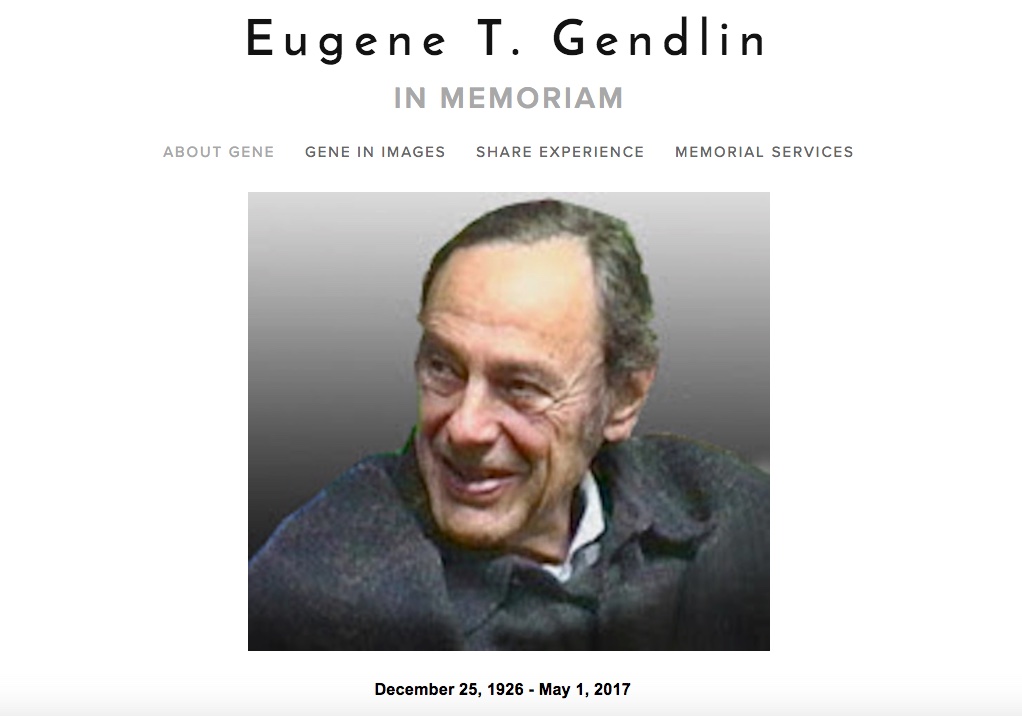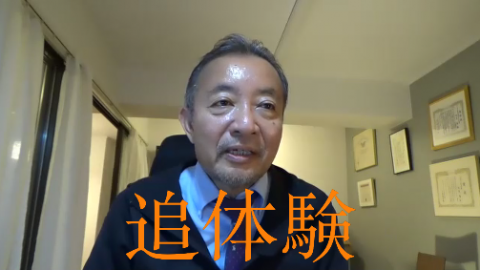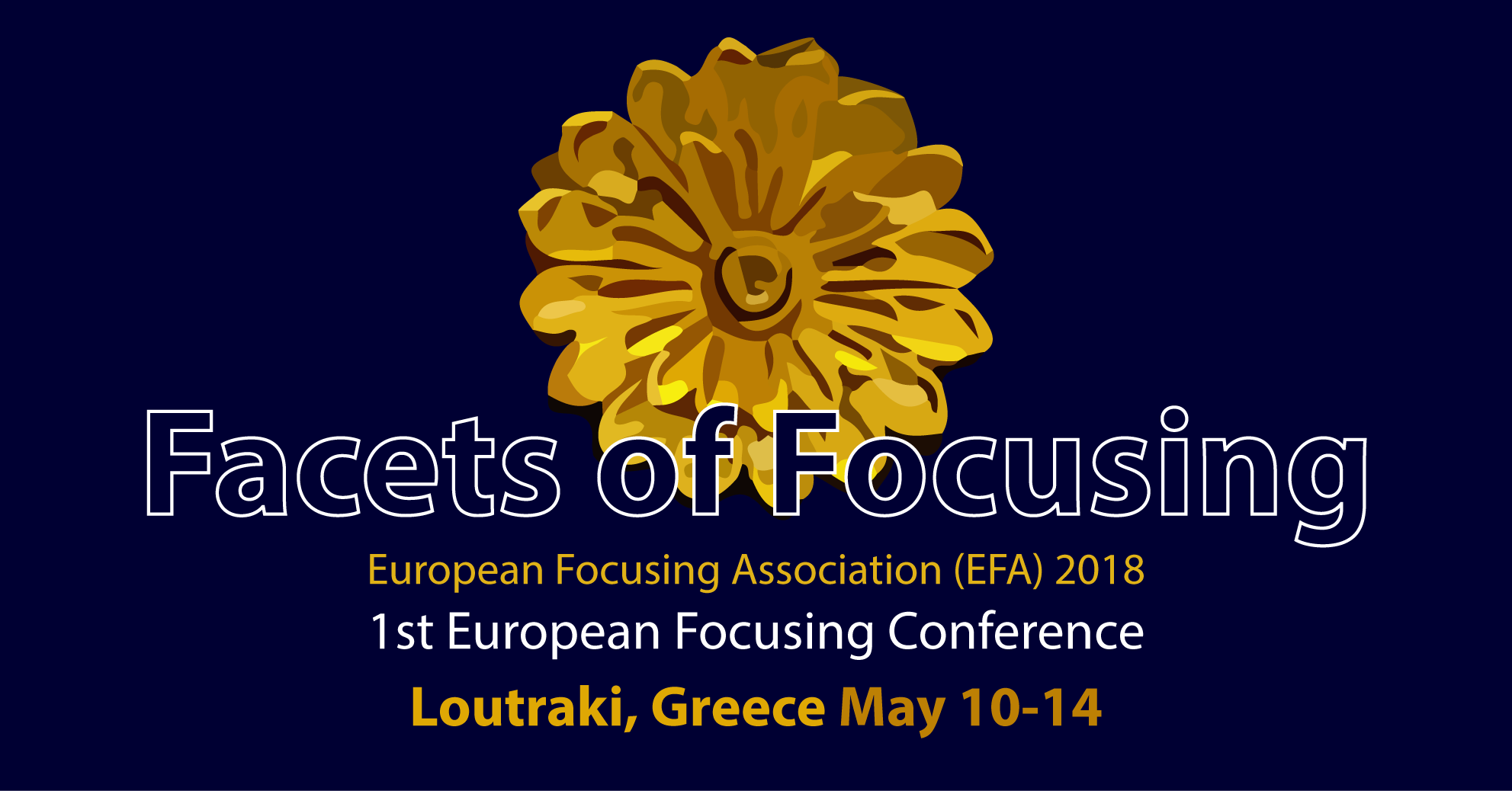General Intro
Several of the lecture-style presentations were videoed at the First EFA Conference in Loutraki, Greece (https://efa2018.weebly.com/) and are now being edited for public presentation by Nikolaos Kypriotakis. With the permission of the presenter, Campbell Purton (UK) we are happy to share with you EFA members the 3nd video/lecture and to make it available for the benefit of the wider Focusing community.
Video
Lecture/Presentation: A new approach to understanding Focusing
Campbell Purton (UK)
Contact
Campbell Purton:
e-mail: purtonc@hotmail.com

1st European Focusing Conference: “Facets of Focusing”
May 10-14, 2018, Loutraki, Greece
https://efa2018.weebly.com/
a European Focusing Association (EFA) event
https://legacy.efa-focusing.eu/

Campbell Purton
Campbell Purton studied for an MPhil degree in the philosophy of science in London, and then completed a PhD in the philosophy of psychology at the University of Alberta. He taught philosophy at universities in Canada and Scotland for several years and then trained as a person-centred counsellor. He worked at the student counselling service of the University of East Anglia for 27 years, taught on the university’s Diploma course in person-centred counselling, and with Judy Moore set up the first Focusing-oriented therapy training course in the UK. He first encountered Focusing at a Person-Centred conference in Gmunden, Austria in 1994, and then began to study Gendlin’s philosophical work. He has contributed papers and conference presentations on Focusing at a number of international conferences, and in the last ten years has been involved in establishing Focusing-oriented therapy training courses in China. #
He published “Person-Centred Therapy: The Focusing-Oriented Approach” in 2004. This book has been translated into Greek and Japanese, and outlines a focusing-oriented approach to therapy within a broad context of the person-centred approach. He published “The Focusing-Oriented Counselling Primer” in 2007, which is a brief introduction to focusing-oriented therapy, translated into Japanese and Chinese. He has become increasingly interested in the philosophical foundations of Focusing, and is developing a way of thinking about Focusing that differs in some ways from Gendlin’s own approach. This re-thinking led him to reconsider the foundations of all the major approaches to therapy, and the results of this work appear in a book “The Trouble with Psychotherapy: Counselling and Common Sense”, which is currently being translated into Chinese. #
He is now retired from his counselling and teaching work, but continues to write on philosophical themes related to therapy.
REFERENCE
The complete manuscript/handout can be downloaded here: A_new_way_of_thinking_about_focusing_website_version.pdf
Abstract:
In this talk I want to outline a new way of thinking about Focusing. Gendlin said that he developed his philosophy partly in order to understand how Focusing is possible, and his account has its roots in the philosophical tradition known as phenomenology. #
My own philosophical approach is influenced more by what is called ‘ordinary language philosophy’ and approaching Focusing with this different background gives a different slant on what is involved in the practice. One advantage of an ‘ordinary language’ approach is that it does not lead us into the kind of abstractions that characterise most philosophical traditions. #
By contrast, ordinary language philosophy follows our ordinary ways of speaking, in a way analogous to that in which a client-centred therapist follows a client’s way of speaking. #
This new approach to Focusing can help to resolve a number of questions about the practice, such as how a felt sense is related to bodily sensations, whether felt senses have to be located in the centre of the body, why some people have felt senses without sensing anything in their bodies, and how felt senses are related to emotions.















